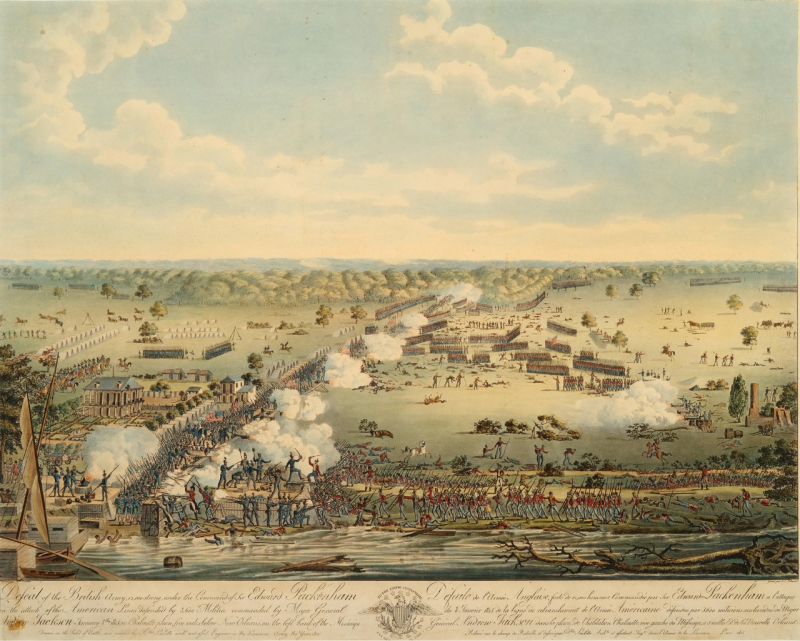The War of 1812 ended in February 1815—but one important battle was fought after the Treaty of Ghent was signed.

The Treaty of Ghent was signed on December 24, 1814, although not officially ratified until February 17, 1815, officially ending the War of 1812. Despite Britain making clear gains during the war, many within the British government and military argued for a peace treaty without demands for territory. The Americans similarly wanted a conclusion to the war, as the conflict had placed America in massive amounts of foreign debt. Both sides agreed to an essential agreement, restoring borders to how they were before the war. While America did not secure its maritime rights, after the British war with Napoleon concluded, the Royal Navy did not require the sheer amount of human resources they did during the War of 1812, and the practice of impressment came to an unofficial end.
However, very soon after the, The Treaty of Ghent was signed, a new battle occurred. That would be the Battle of New Orleans, which occurred on January 8, 1815, and launched the political career of future president Andrew Jackson. Though he was outnumbered (and struggling with dysentery), the Major General notched a victory for the United States when he met and defeated 8000 British troops with his 5700-man force of Gulf Coast pirates, Choctaw warriors, free blacks, and American militiamen. When Jackson ran for president in 1824 and 1828, his supporters made sure to emphasize his achievements by playing "The Hunters of Kentucky," a popular folk song about the militiamen at the Battle of New Orleans at Jackson's campaign events.












